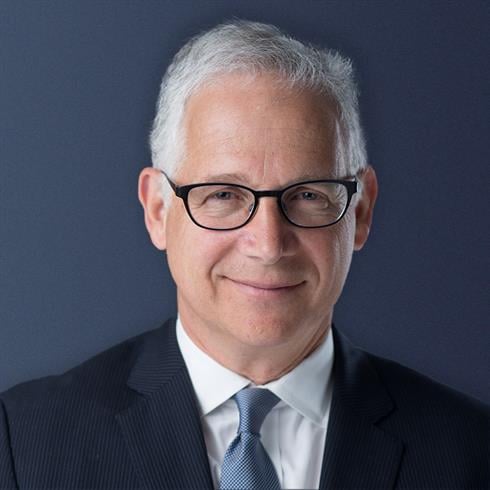Qui Tam Fraud Action Against Medtronic
Case name: United States ex rel. Onwezen v. Medtronic, Inc. (Minn.); United States ex rel. Schroeder v. Medtronic, Inc. (CA)
Case Type: Whistleblower/ Qui Tam
Filed in: [U.S. District Court for the District of Minnesota; U.S. District Court for the Eastern District of California]
Docket: [Case no. 0:07-sc-04777]
Case Summary
In December 2011, Sanford Heisler Sharp and the U.S. Government settled two whistleblower actions brought under the False Claims Act (“FCA”) with Medtronic, Inc., one of the world’s largest medical device manufacturers. As part of the settlement, Medtronic agreed to pay the government $23.5 million. Three relators received approximately 17% of the settlement, or $3.8 million, and a fourth relator received $160,160. Sanford Heisler Sharp represented two of the relators in the Minnesota matter.
The cases alleged that Fridley, Minn.-based Medtronic used post-market studies and device registries as a vehicle through which to pay physicians illegal kickbacks in order to induce them to implant Medtronic pacemakers and defibrillators into patients, in violation of the federal anti-Kickback Law and the FCA by causing false claims to be submitted to Medicaid and Medicare.
News Coverage
- Medtronic mired in controversy over allegations of illegal kickbacks, The Sun Chronicle, September 14, 2014



